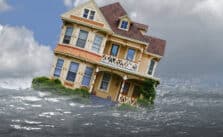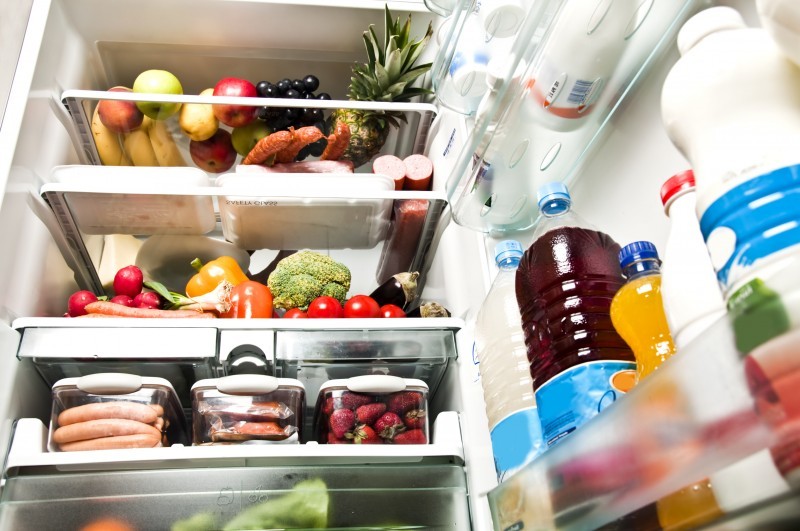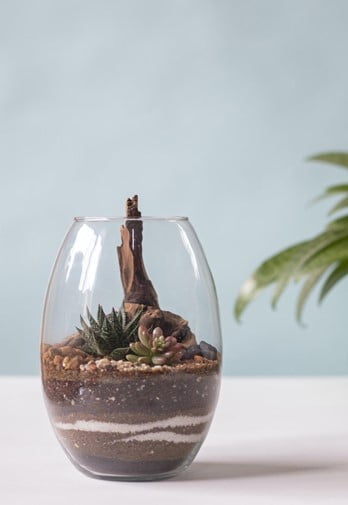
9 Effective Tips Preventing House Water Issues You Can Practice
Water damage is one of the most common headaches for homeowners. In fact, it even ranked as the second most common reason for home insurance claims, specifically in the US region. According to a real estate blog’s water damage statistics report, approximately 14,000 people suffer from water problems across various states.
Seeing this atrocious problem, we compile some efficient ways you can easily follow to prevent any water issue from persisting at your home. Here are three tips you can apply outside of your home:
1. Remove hoses from the faucet
It would be best to keep your faucets outdoors disconnected from hoses, particularly whenever not in use. Careless acts like this can cause an ice block that hinders water flow and damages your house’s walls, floors, and foundation in the worst cases.

2. Take time to clean gutters and downspouts
As a preventive measure to shun ice dams and blockage, you should clean your gutters twice every year. Well-maintained gutters can also save you from potential standing water that can destroy your roof area.
You should prevent overflowing problems also as it can create a puddle and adversely damage your foundation, which can be a lot more hassle to fix. Moreover, your downspouts also require cleaning so water can flow properly. Ensure that your downspout pipe flows away from your home to avoid further detrimental house issues.
3. Limit landscaping around utility pipes
Generally, trees and vegetation are a great addition to your home yards, but in appropriate areas. It would be best to stay away from specific spaces, including the utility pipe areas, as the roots can potentially wrap around the tubes and crash them. Furthermore, if your garden is growing big, you must learn to trim or cut down all the excess to stop it from reaching the location of your water facilities.
Once you have cleared the outside areas, you can safeguard your insides against water damage. Here are five more efficient ways you can practice as your routine:
4. Remember the placement of your water main
Your water main is an essential plumbing tool that supplies your entire house’s water supply by simply distributing it to other connected pipes. Your water main also contains a handy shut-off that you can utilize to stop water delivery for some time to avoid any damage. If not, lessen it. On the other hand, if you’ll be away from your home for a long while, you must also shut down your water main so that no unattended leakages can occur.
5. Install water detection utilities
In this digital age, creative inventors have developed helpful water detector devices that can alert you anytime its motion sensor has come in contact with moisture. What’s more amusing is that it can also alarm you once it encounters low moisture levels or hardly noticeable leaks. Hence, experts suggest installing this in areas near dishwashers, sump pumps, toilets, washing machines, and water heaters, preventing mold development.

6. Take good care of your water appliances
Your water appliances, such as their hoses and plumbing pipes, need regular cleaning and maintenance. As time goes by, these tools will turn old and brittle, making them even more vulnerable to cracks, leakages, and related issues.
Thus, you should check it from time to time and change them immediately once the damage persists. Upgrade your plumbing pipes by installing general-purpose watertight and airtight access doors, allowing easy maintenance access and adding an extra layer of protection for your fragile water tubes.
7. Monitor water pressure
High water pressure is also one reason for the water issues in your home. Remember that your house’s water pressure should only range between 40 to 70 psi. If your record exceeds a hundred psi, you must purchase a pressure regulator to control the pressure supply.
8. Keep track of your water bill costs
One way to know if your house is experiencing water problems is through bill costs. Track your monthly usage consumption and compare it to your previous record. If it jumps significantly for random reasons, then it’s time to search your pipes, hoses, and water main for any potential damages behind the sudden surge.
9. Address water problems immediately
If you notice water damage in your home, whether small or big, you should act on it promptly, as neglecting or delaying the necessary fixtures can lead to the massive destruction of your water system.
Prevent expensive water repairs
With the dreading water damage situation in the US, you should always be vigilant of your water circumstance at home. Keep in mind all the tips and information shared in this article to, as much as possible, avoid all the worst scenarios, especially nowadays, that repairs can cost a fortune. “Prevention is better than cure,” according to the famous quote by Dutch philosopher Desiderius Erasmus. It also applies the same regarding your underlying water problems in your house.









